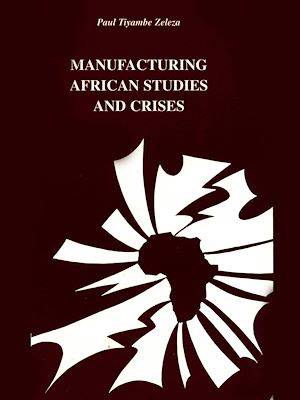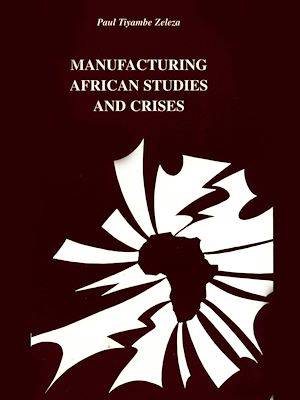
- Retrait gratuit dans votre magasin Club
- 7.000.000 titres dans notre catalogue
- Payer en toute sécurité
- Toujours un magasin près de chez vous
- Retrait gratuit dans votre magasin Club
- 7.000.000 titres dans notre catalogue
- Payer en toute sécurité
- Toujours un magasin près de chez vous
6,49 €
+ 6 points
Description
This book is an interrogation of African studies, its formulations and fetishes, theories and trends, possibilities and pitfalls. As a discursive formation, African studies is, of course, immersed in the contexts and configurations of the western epistemological order. « This is a « docu-drama » in book form. It uses both fact and fiction, and mobilizes both the computer and the muse. Paul Tiyambe Zeleza reinterprets the African condition and examines those who study it. Especially fascinating is his scrutiny of Africa's most dangerous marabouts of the twentieth century - academic Africanists from Western and neo-western universities. Postmodernism and postcoloniality may still be in vogue, but this book inaugurates the new era of post-pessimism. » Prof. Ali A. Mazrui, Albert Schweitzer Professor in the Humanities, Binghamton University, Binghamton, New York « The Manufacturing African Studies and Crises is a provocative and stimulating book written by a brilliant angry mind. It is a challenge to the practice of African Studies and its political significance. The book is important for all Africanists. It will upset you, as it did me, and force you to re-evaluate our work and understand our predicament as students of African cultures and affairs. » Prof. V. Y. Mudimbe, William R. Kenan Jr. Professor of French, Comparative Literature & Classics, Stanford University, Stanford, California « To the student of Africa, this collection of essays offers irreverent insights of an informed outsider, at a time when the field is in great need of reflection. To some in the « African Studies » establishment, its words may prick like coming from the pen of an inside agitator. If the result has the feel of a bitter medicine, it will be no less therapeutic for those who dare read through it. In short, Zeleza's book merits diverse audiences and has the potential of triggering a much-needed soul-searching in « African Studies ». Prof. Mahmood Mamdani, University of Cape Town, South Africa « One of the most comprehensive and effective rebuttals of the way in which Africa has been studied in much of North America and Europe. » Prof. Adebayo O. Olukoshi, Nordiska Afrikainstitutet, Uppsala, Sweden
Spécifications
Parties prenantes
- Auteur(s) :
- Editeur:
Contenu
- Nombre de pages :
- 683
- Langue:
- Anglais
Caractéristiques
- EAN:
- 9782869789944
- Date de parution :
- 11-10-20
- Format:
- Ebook
- Protection digitale:
- Digital watermarking
- Format numérique:
- ePub







